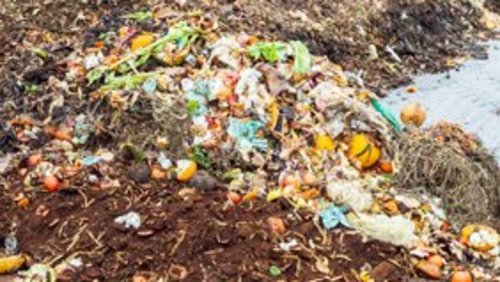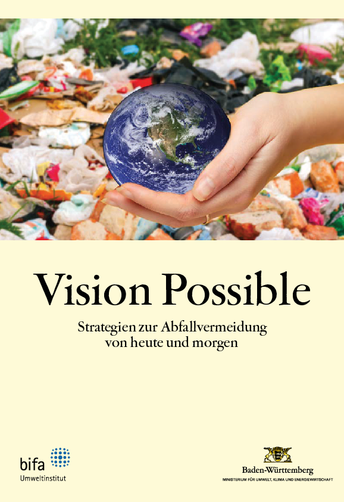Assessment of Biowaste Collection and Treatment
Integrated deliberation supports municipal decision-makers

Our institute increasingly deals with issues concerning aspects of assessing biowaste collection and treatment in German local authorities.
In a feasibility study for the rural district Landkreis Rosenheim, we considered how large the effort is and what are the benefits produced by changing over to a collection system for the contents of biowaste bins? The collection and utilisation of the organic waste was examined with regard to environmental, economic and technical conceptual aspects. The feasibility of a central biowaste fermentation plant was considered on behalf of the waste management facilities of the City of Ulm and other urban and rural districts in the region of Donau-Iller-Oberschwaben, which extends across the border between two different German states.
The combination of different methods leads to success
When we undertake such studies, we use all kinds of different current methods for assessing the conditions and concepts of individual waste management systems. The biowaste potential in residual waste or the foreign matter content in biowaste is determined, for example, with the help of sorting analyses according to the sorting guidelines of Saxony, or the Federal Compost Quality Association (Bundesgütegemeinschaft Kompost). In this way, optimisation measures can be developed for the collection of biowaste or composting and biowaste fermentation plants can be dimensioned.
In order to determine the suitability of biowaste for fermentation, since its composition often varies regionally, biowaste is characterised in accordance with VDI 4630 and its biogas potential is established. It is often necessary to integrate a spatial analysis in feasibility studies of biowaste treatment plants. To do this, we use geoinformation system software, such as ArcGIS-Pro or QGIS models. This enables to evaluate central influencing factors (such as logistics or energy/heat feed-in) both separately and in parallel.
An important part of the assessment is the economic consideration
To determine the environmental effect of waste management systems, we conduct life cycle assessments based on ISO 14040 and 14044. With these, we can determine the improvement potential in the waste collection and treatment. By considering scenarios, it is possible to assess changes in the waste management environmentally. One example worth mentioning is our support for a planned diversion of material flows due to new statutory requirements, in the construction of new treatment plants or system changeovers.
We use business management assessment methods, for example, the total cost of ownership or life cycle costing to represent the economic feasibility of a biowaste treatment plant. This makes it possible to determine investment and operating costs before advancing with elaborate planning projects. We work with calculation tools that we have further developed and optimised in-house, with which changes in the rates and charges structure of a local authority can also be forecast with high accuracy.
![[Translate to Englisch:] Placeholder](/fileadmin/_processed_/f/4/csm_Header_Presse_d565a61df7.jpg)
